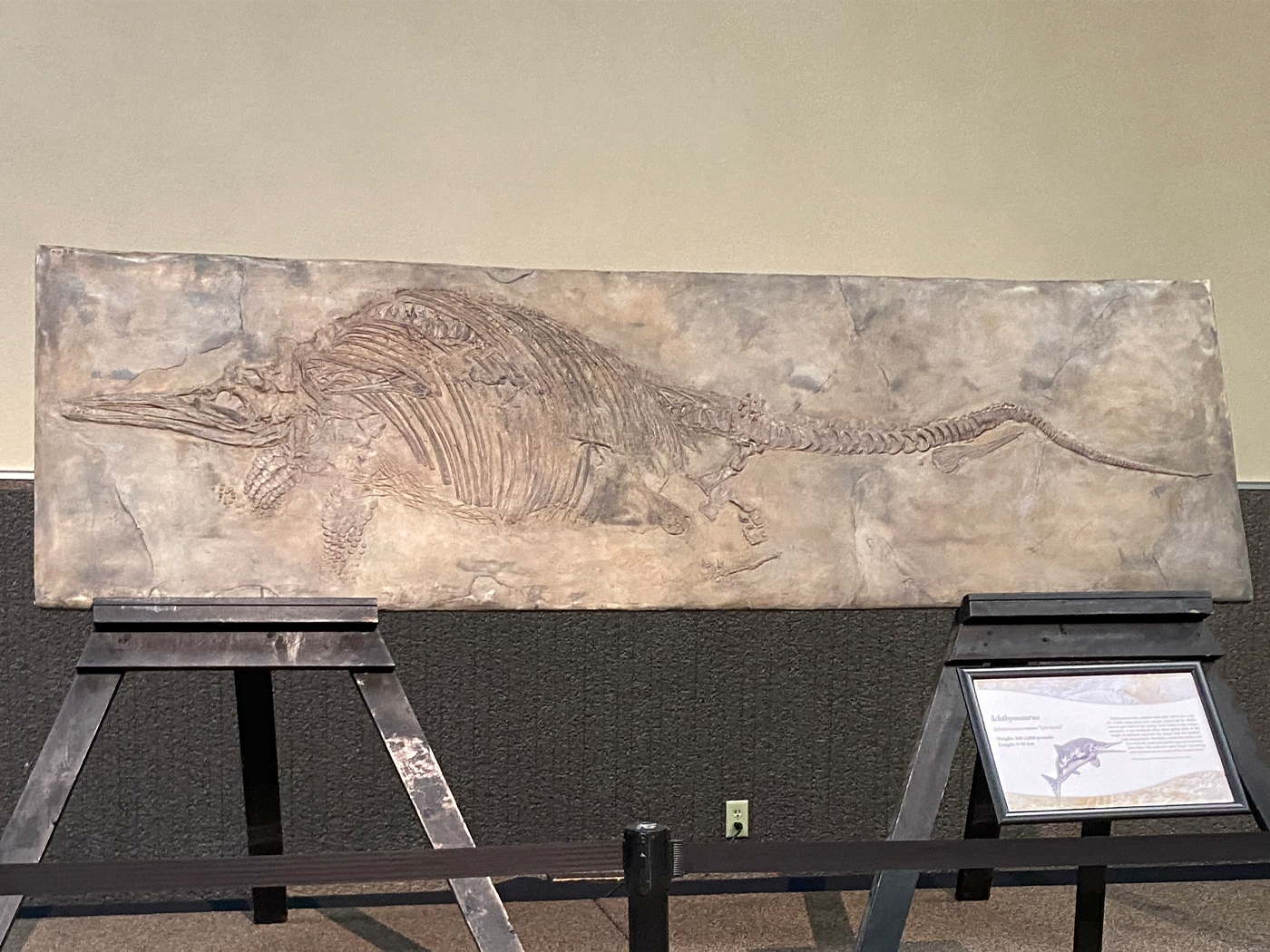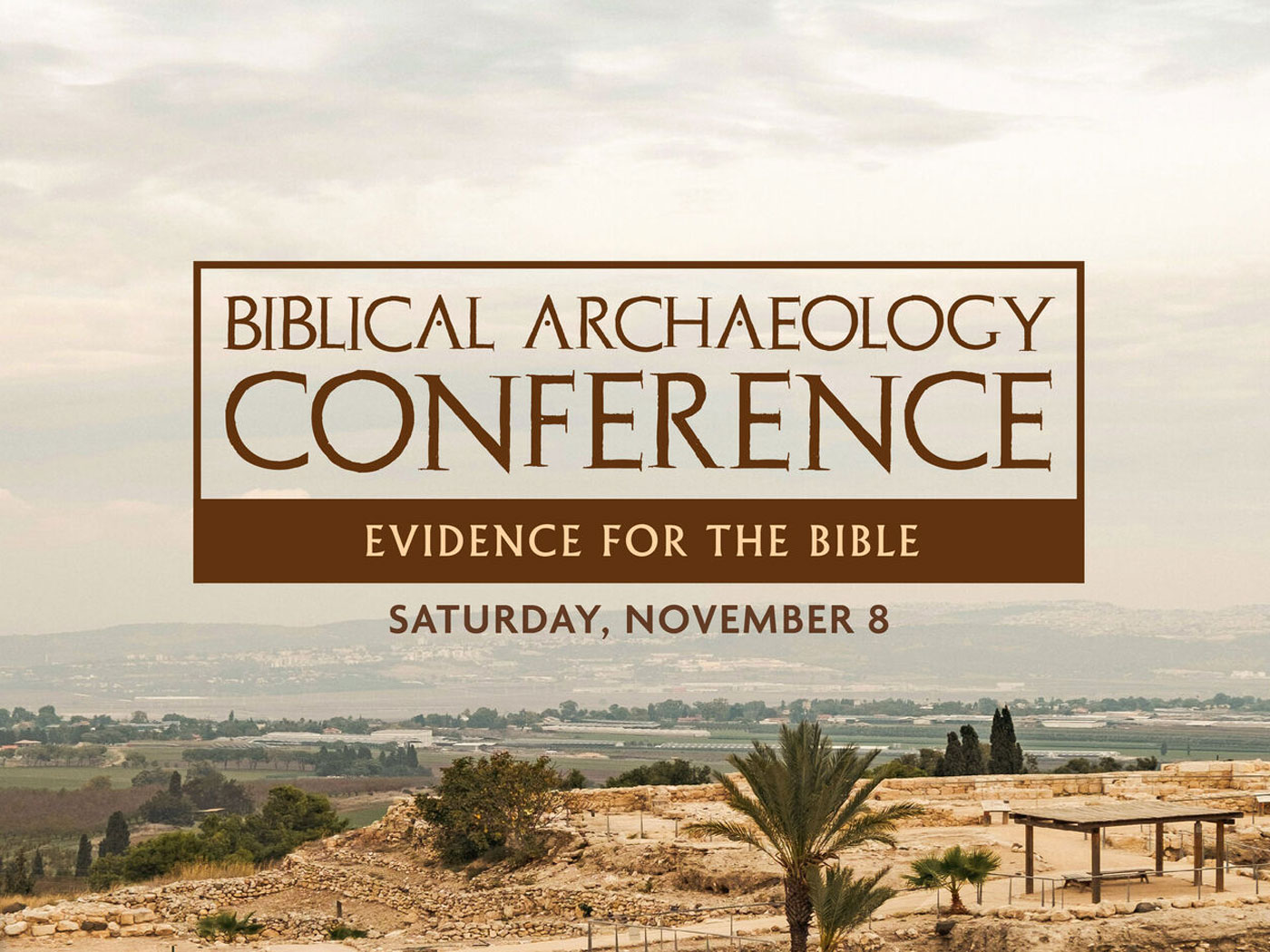Search Tools
New Defender's Study Bible Notes
2:1 day of Pentecost. “Pentecost,” meaning “fifty days,” was a festival observed fifty days after the feast of firstfruits, which was held on a sabbath day. The feast of firstfruits (Leviticus 23:9-14) was actually prophetic of the resurrection of Christ (I Corinthians 15:20), which also had taken place on the first day of the week. Thus Pentecost was held on the first day of the week, and it was on such a day that the Holy Spirit came to indwell the church. Quite possibly this fact played a part in the gradual adoption by the churches of the first day of the week as their regular day of rest and worship (note Acts 20:7; I Corinthians 16:2). The weekly observance of the sabbath was in commemoration of the completion of God’s work of creation (Genesis 2:1-3; Exodus 20:8-11), but God’s great work of redemption was now also completed (John 19:30). Thus, by observing their weekly “sabbath day” (“rest day”) on the first day of the week, they would be honoring the completion of both God’s work of creation and His work of redemption. Pentecost also commemorated the giving of the law at Mount Sinai, which occurred fifty days after the Passover (Exodus 12:6; 19:1,11).
2:2 filled all the house. The mighty wind, representing the coming of the Spirit, “filled all the house” the house; the baptism (i.e., “immersion”) by the Spirit thus was emphasized symbolically when the Lord Jesus first sent Him, fulfilling His promises (e.g., John 7:39; 14:16).
2:3 tongues like as of fire. These mysterious cloven tongues seem to depict a fiery root, divided into many individual tongues, enough to reach each person in the company. They were not real fire, however, but “like as of fire.” There have been various speculations as to their nature, but since it was a supernatural phenomenon, these seem pointless. In any case, the mighty wind filling the house and the fire-like tongues reaching each of the company are the audible and visible signs that the Holy Spirit had come, baptizing and filling all of them, fulfilling John the Baptist’s prophecy that Christ would baptize them “with the Holy Ghost and with fire” (Luke 3:16).
2:4 filled with the Holy Ghost. Although the Spirit’s baptism and filling occurred simultaneously in this initial manifestation of His power, the two are separate ministries. All believers are baptized by the Holy Spirit into the body of Christ once for all at the time of conversion (I Corinthians 12:13). They can, however, be filled with the Spirit on more than one occasion and, in fact, are exhorted to “be [continually being] filled with the Spirit” (literal reading of Ephesians 5:18). Note, for example, the repeated fillings recorded in Acts 4:8,31; 9:17; 13:9.
2:4 other tongues. These were “other tongues,” not “unknown tongues” or “ecstatic tongues.” Except when referring to the actual physical organ, the word “tongue” in the New Testament always refers to a language. In this case, the tongues are the actual languages of the different nations listed in Acts 2:9-11, as made obvious in the context.















